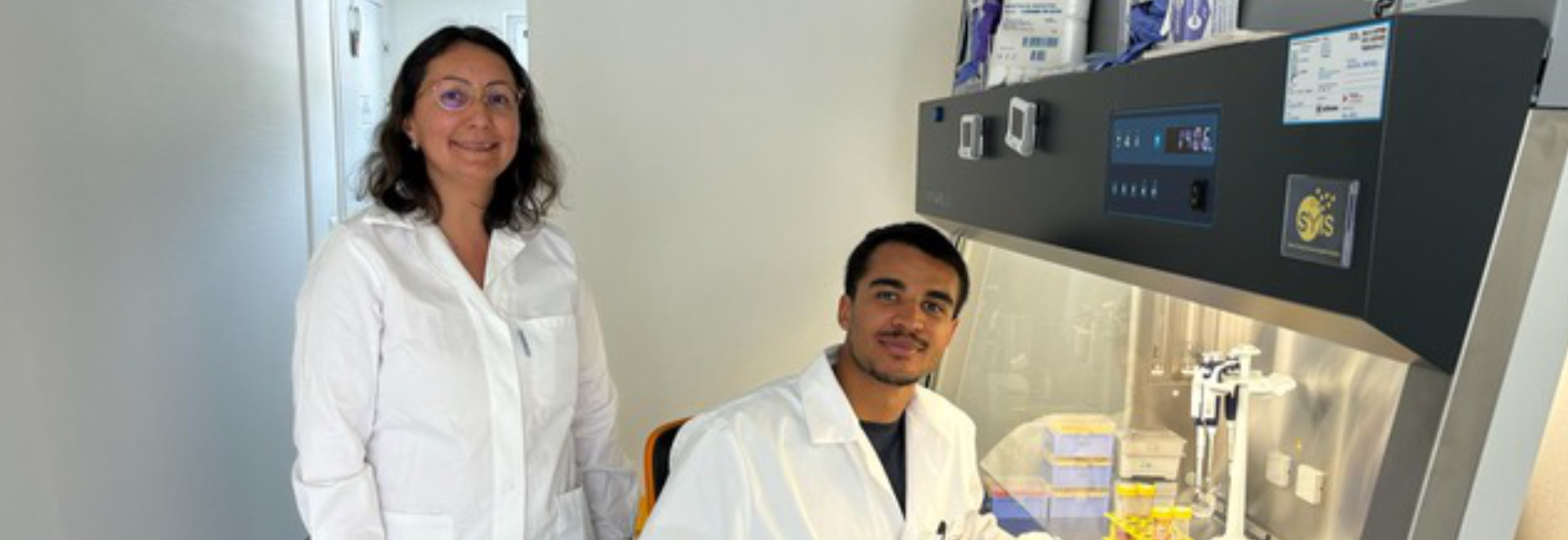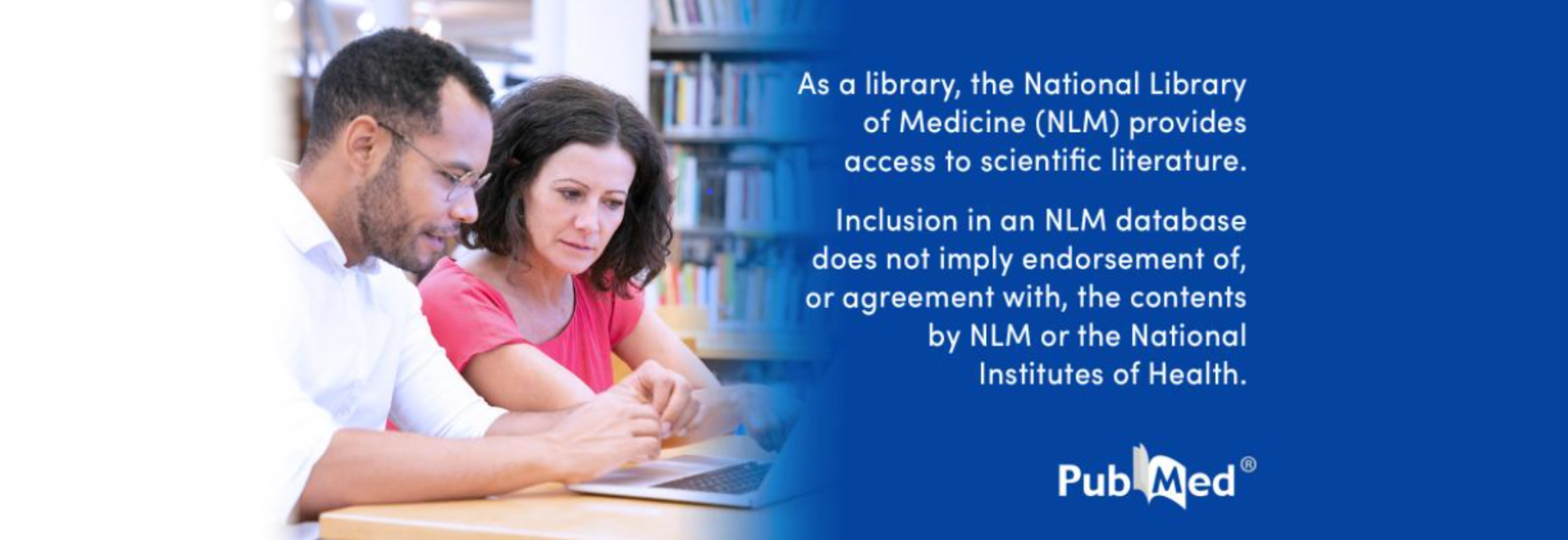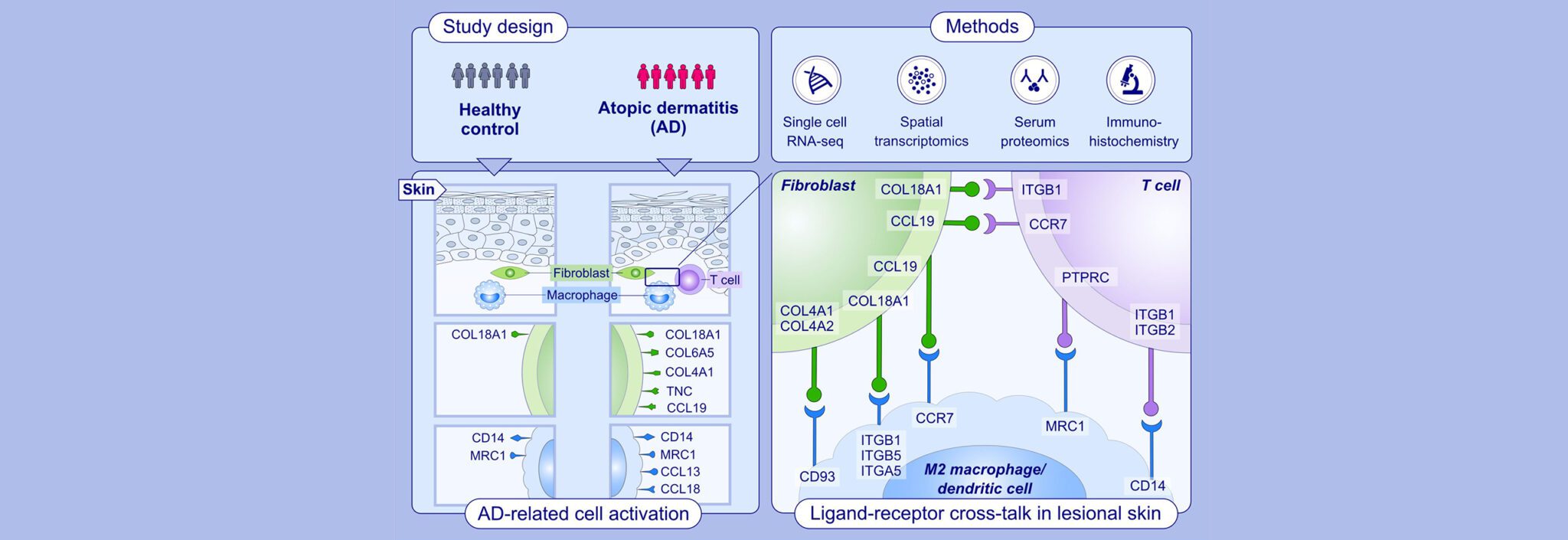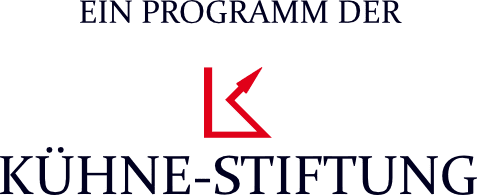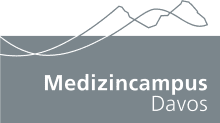The Hochgebirgsklinik Davos, as a partner of the Allergy Campos Davos, treats allergic diseases as a priority. Davos offers a healthy climate and the air is low in allergens and pollutants.
Asthma is a complex, highly heterogeneous disease with various phenotypes of respiratory inflammation. Since June 2016 injections of an interleukin-5 antibody instead of cortisone have been given in Switzerland to patients with very severe eosinophilic asthma. The concept of anti-IL-5 treatment has proved clinically beneficial in asthma with severe eosinophilic airway inflammation.
The treatment received its licence in Switzerland in June 2016 and, in special cases of severe bronchial asthma, can markedly improve the symptoms and reduce the exacerbation rate (asthma attacks). On 11 August 2016 a patient with severe eosinophilic asthma was the first to be injected with an interleukin-5 antibody (mepolizumab) at the Hochgebirgsklinik Davos. IL-5 is a cytokine which plays an important role in the development, activation, differentiation and survival of eosinophils.
After the decision to treat and application by a lung specialist, the treatment costs for mepolizumab (Nucala) are met by the cost bearers for patients with a specific subgroup of difficult-to-treat bronchial asthma (“eosinophilic asthma”).
Prof. Hans-Werner Duchna would be very happy to provide you with detailed information about this treatment. On request, the medical service of HGK will support you in the application process or the formalities of obtaining confirmation of insurance coverage.
Prof Dr. med. H.W. Duchna, Ärztlicher Direktor, Chefarzt Pneumologie/Allergologie
Tel. +41 81 417 33 13
hans-werner.duchna@hgk.ch
www.hochgebirgsklinik.ch


